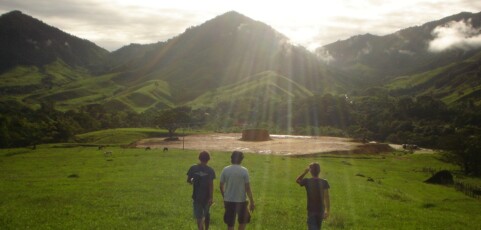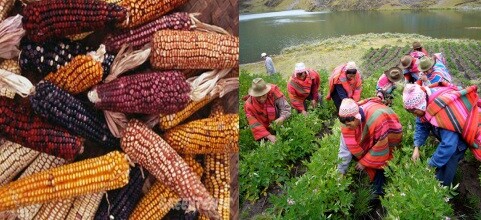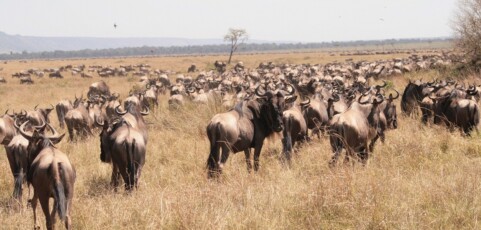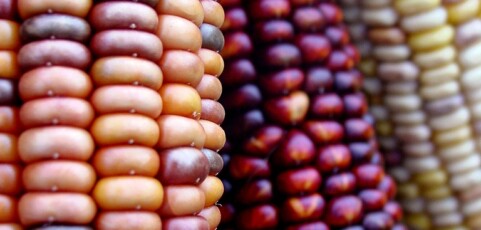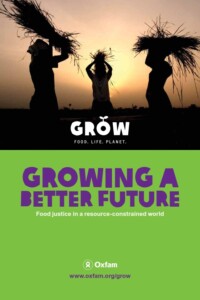From the 1st encounter of the agroecology trainers in the African region. 47 people from 22 organizations in 18 countries (Zimbabwe, Mozambique, Democratic Republic of the Congo, Rwanda, Angola, Uganda, Tanzania, Kenya, Zambia, South Africa, Central African Republic, Brazil, Mexico, Indonesia, Portugal, USA, France, and Germany). They met at the Shashe Endogenous Development Training Centre in Masvingo Province, Zimbabwe to plan how to promote agroecology in Southern, Eastern & Central Africa.
Agrotóxicos no Brasil – um guia para ação em defesa da vida
This book provides the reader with information to combat the growing use of pesticides in Brazil in recent years. It informs the reader on legislation, on programs to monitor residues in food, on how to identify, control, report and prevent cases of poisoning, and on toxicology review processes of pesticides permitted in Brazil.
La revolucion ecologica en America Latina
En este documento se muestra el potencial de la agroecología para promover cambios sociales y agrarios trascendentes encaminados a la sustentabilidad a partir de proyectos, iniciativas y movimientos de inspiración agroecológica en Brasil, la region Andina, México, Centroamérica y Cuba. Estos cambios abren nuevos derroteros politicos para las sociedades agrarias de Latinoamérica y conforman una alternativa totalmente opuesta a las políticas neoliberales basadas en la agroindustria y en las roexportaciones.
Introduccion a la agroecologia
Read MoreUsing Small-Scale Adaptation Actions to Address the Food Crisis in the Horn of Africa: Going beyond Food Aid and Cash Transfers
Read MoreSustainable Agricultural Practices and Agricultural Productivity in Ethiopia: Does Agroecology Matter?
This paper investigates the impact of sustainable agricultural practices on crop productivity, with a particular focus on reduced tillage. Specifically, the report investigate whether reduced tillage results in more or less productivity gain than chemical fertilizer. Results support encouraging resource-constrained farmers in semi-arid areas to adopt sustainable agricultural practices, especially since they enable farmers to reduce production costs, provide environmental benefits, and—as our results confirm—enhance crop productivity.
Sustainable intensification in African Agriculture
These projects of sustainable intensification drawn from across Africa show that if there is a political and economic domestic recognition that ‘agriculture matters’, then food outputs can be increased not only without harm to the environment but also in many cases to increase the flow of beneficial environmental services.
Agroecologas en la Academia
Resumen ponencia “Agroecólogas en la academia” presentada en la mesa Contribuciones de las mujeres al avance y consolidación de la Agroecología, que se realizó como parte de las actividades del Tercer Congreso Latinoamericano de Agroecología, el día 17 de agosto del año en curso, en Oaxtepec, Morelos.
Leading scientists say agroecology is the only way to feed the world
Hans Herren, Ph.D. is an internationally recognized scientist specializing in sustainable agriculture. He is president of the Millennium Institute.
Growing a Better Future Food justice in a resource-constrained world
The report looks into the age of crisis; a skewed and failing system. Based on challenges it looks into the new prosperity and how to grow a better future and a new agricultural future. It also looks at the myths of smallholders, and put forward proposals for a new agricultural investment agenda.


